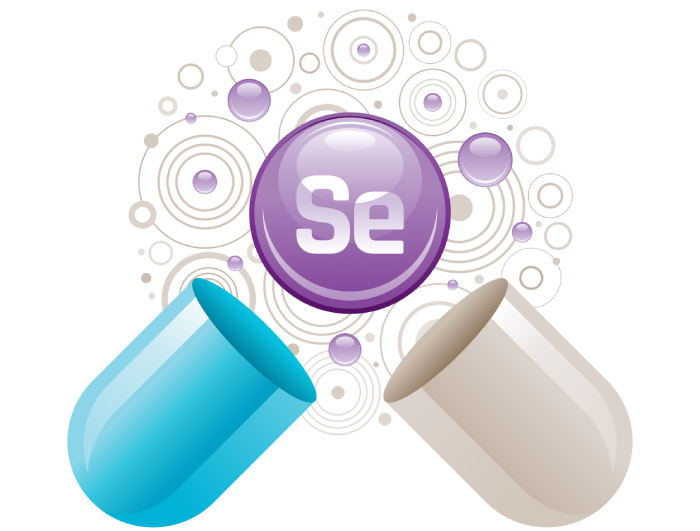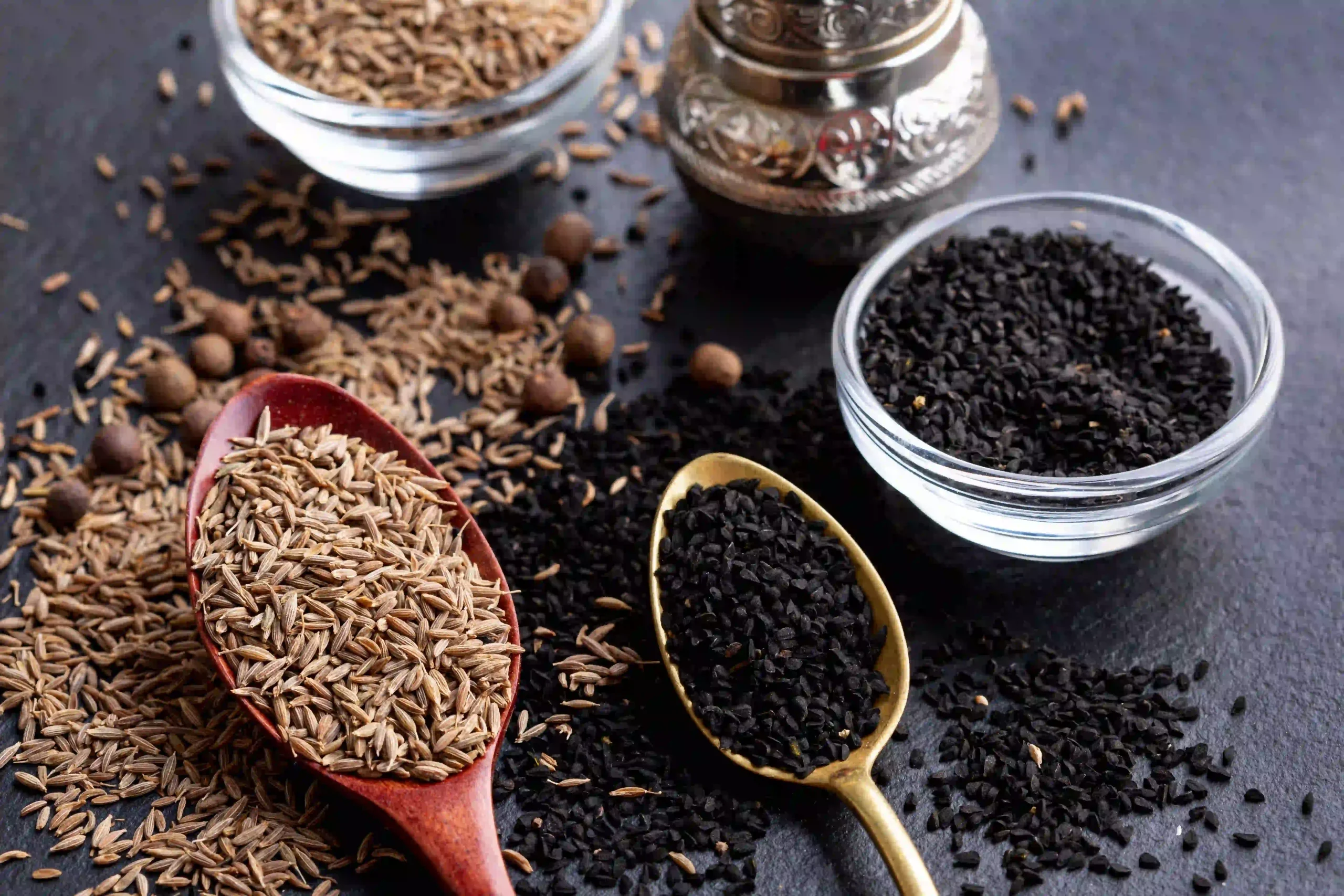Genetic Influence on Exercise Response to Caffeine Intake
The monocarboxylate transporter 1 (MCT1) plays a crucial role in regulating lactate and pyruvate transport across cell membranes, which is essential for energy metabolism during exercise. The MCT1 A1470T (rs1049434) polymorphism has been linked to variations in lactate transport efficiency, with the T (major) allele associated with greater transport efficiency. A recent study investigated the effect of this MCT1 polymorphism on lactate and potassium (K+) concentrations in response to resistance exercise (RE) following caffeine (CAF) ingestion.
In this randomized, double-blind, placebo-controlled crossover study, thirty resistance-trained athletes were selected to participate. The participants consumed either caffeine (6 mg/kg of body weight) or a placebo (6 mg of maltodextrin per kg of body weight) one hour before performing resistance exercise. Serum lactate and potassium concentrations were measured at three time points: before exercise (Pre), immediately after (Post), and 15 minutes post-exercise (15 min Post).
The resistance exercise protocol consisted of three sets to failure at 85% of 1RM for each exercise, with 2-minute rest intervals between sets. The results of the study revealed intriguing differences between individuals carrying different MCT1 genotypes.
Under caffeine consumption, individuals carrying the A (minor) allele exhibited significantly higher blood lactate levels before (p = 0.037) and immediately after (p = 0.0001) resistance exercise compared to those with the TT genotype. This finding suggests that the MCT1 polymorphism may influence lactate metabolism and clearance when caffeine is consumed.
Moreover, the study found that caffeine consumption moderated the increase in plasma potassium levels in TT genotype carriers. In contrast, A allele carriers showed elevated potassium levels 15 minutes post-exercise, regardless of whether they consumed caffeine or placebo (p < 0.05).
These findings indicate that the MCT1 A1470T polymorphism may play a significant role in how individuals respond to caffeine intake before exercise, particularly in terms of lactate metabolism and potassium regulation. This genetic variation could potentially impact exercise performance and recovery, highlighting the importance of considering individual genetic profiles in sports nutrition and training strategies.
Commentary by SuppBase columnist Alice Winters:

This groundbreaking study sheds light on the intricate interplay between genetics, caffeine consumption, and exercise response, offering valuable insights for athletes, coaches, and sports nutritionists alike. The focus on the MCT1 A1470T polymorphism and its impact on lactate and potassium levels during resistance exercise following caffeine intake is particularly intriguing and warrants further discussion.
First and foremost, the finding that A allele carriers exhibit higher blood lactate levels before and immediately after exercise when consuming caffeine is significant. This suggests that individuals with this genetic variant may experience a more pronounced lactate response to caffeine-fueled workouts. While elevated lactate levels are often associated with fatigue, it’s essential to note that lactate itself is not the primary cause of muscle fatigue. Instead, it can serve as a valuable fuel source for working muscles. The higher lactate levels in A allele carriers might indicate a more robust metabolic response to exercise, potentially leading to improved performance in short-duration, high-intensity activities.
However, the elevated lactate levels could also imply a reduced ability to clear lactate efficiently, which might impact recovery and performance in prolonged or repeated bouts of exercise. This raises important questions about how A allele carriers should approach their caffeine intake and exercise strategies, particularly in sports that require multiple performances in a short time frame.
The study’s findings regarding potassium levels are equally fascinating. The observation that caffeine consumption moderated the increase in plasma potassium levels in TT genotype carriers, while A allele carriers showed elevated potassium levels regardless of caffeine intake, has significant implications for exercise performance and recovery. Potassium plays a crucial role in muscle contraction and neural signaling, and its regulation is vital for maintaining proper muscle function during intense exercise.
The differential response in potassium levels between genotypes suggests that TT carriers might benefit more from caffeine’s effects on potassium regulation during exercise. This could potentially translate to improved muscle function and delayed onset of fatigue. Conversely, A allele carriers might need to be more cautious with their electrolyte balance, particularly during prolonged or intense exercise sessions.
These findings underscore the importance of personalized nutrition and supplementation strategies in sports. The one-size-fits-all approach to caffeine supplementation may not be optimal for all athletes. Instead, understanding an individual’s genetic profile could help tailor caffeine intake to maximize its benefits while minimizing potential drawbacks.
For sports nutritionists and coaches, this study highlights the need for a more nuanced approach to pre-workout supplementation. It may be worthwhile to consider genetic testing for athletes to determine their MCT1 genotype and adjust their caffeine and electrolyte strategies accordingly. This could involve varying caffeine dosages, timing of intake, or combining caffeine with other ergogenic aids that might complement or counteract its effects based on an individual’s genetic predisposition.
Moreover, this research opens up exciting avenues for future studies. It would be interesting to investigate how these genetic variations affect performance in different types of exercise, such as endurance events or team sports with intermittent high-intensity efforts. Additionally, exploring how other common polymorphisms interact with the MCT1 A1470T variant could provide a more comprehensive understanding of individual responses to caffeine and exercise.
In conclusion, this study not only advances our understanding of the genetic factors influencing exercise response but also emphasizes the growing importance of personalized approaches in sports nutrition. As we continue to unravel the complex interactions between genes, nutrients, and physical performance, we move closer to truly optimized and individualized strategies for athletic excellence. The future of sports supplementation lies not just in what we consume, but in how our unique genetic makeup processes and responds to these ergogenic aids.



